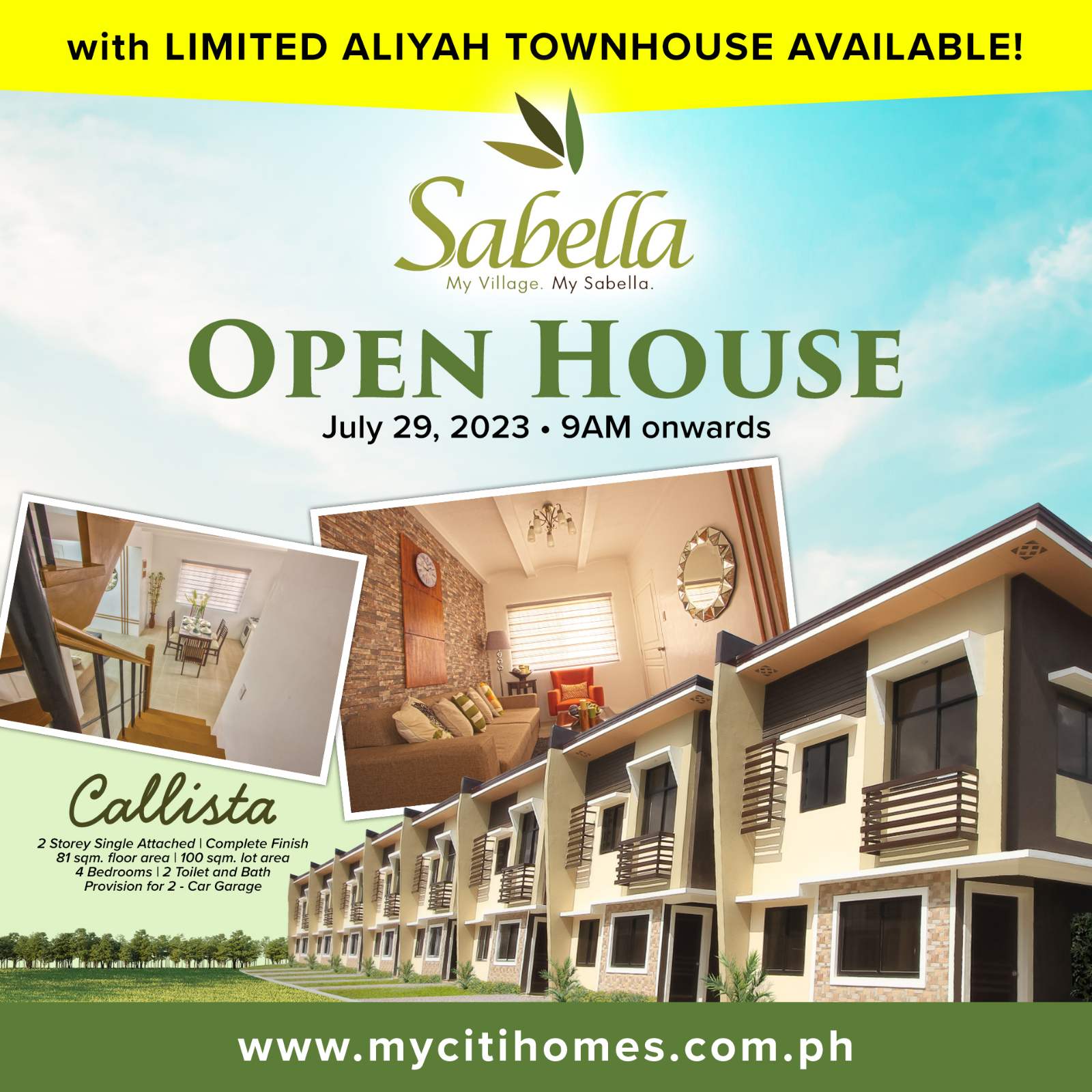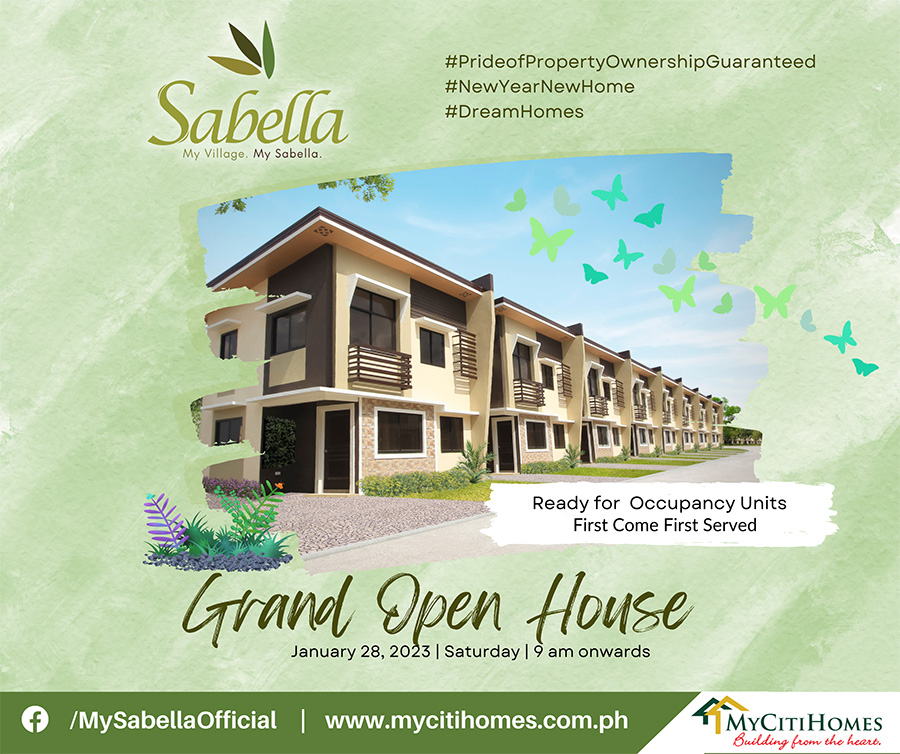Urban gardening has been a hot topic as of late, thanks to the challenges in food shopping brought about by the Coronavirus health crisis. Many are experiencing long queues at grocery stores, supplies hoarding, and delays in the supply chain during periods of enhanced community quarantine. The pandemic has definitely made everyone rethink their way of life. A simple trip to the grocery store may not be so simple anymore with the number of limitations experienced and precautions that need to be taken. While there may not be a shortage of food, one of the biggest questions is how to make sure that families and communities have an alternative and prompt access to fresh produce.



Urban gardening is a productive hobby.
Caring for plants, and seeing them grow and bear fruit is a very fulfilling hobby. Since the pandemic has imposed lockdown restrictions in certain areas, we can no longer enjoy the usual hobbies we may have in the past. Gardening is one way to stay busy and productive during this time. The movement of community farming goes beyond the pandemic, though. “The Kaway’an Ecofarm located near the residential community is envisioned to have activities that will keep elderly family members productive. “This will greatly help preserve their sense of usefulness and belongingness,” shares MyCitiHomes CEO Ms. Rosie Tsai. Community gardening also initiates activities where family members can link together and have fun with therapeutic benefits. “As a bonus, younger members of the family have something else to do other than spending so much time on gadgets!” says Ms. Rosie In the near future, the Kaway’an Ecofarm will have ready plots for farming that are specially designed to be accessible to the elderly, and will be rented out to homeowners. The rental fee already includes farming kits and dedicated maintenance services. In the meantime, to kickstart the Green Revolution, we’ve gifted new Sabella Village Callista homeowners with a complete vertical gardening kit! The kit, which contains framed wire mesh, hanging pots, and seeds will be installed and be up and running for some of our residents who will move in soon.
Urban gardening has a positive financial impact.
By planting some herbs and vegetables in the convenience of your own backyard, you are able to harvest all the benefits–no pun intended. Quick-growing herbs like mint, spring onions, and basil will give you continuous produce, which means no longer needing to buy these from the store. There will also be an opportunity to cultivate high-value crops like varieties of lettuce, dill, tarragon, stevia, and more. Residents may grow them for their own use at home, or sell them in the Community Cooperative through the Homeowners Association. “We do things differently at MyCitiHomes. For us, the project may be completed, but MyCitiHomes still cares to be involved with community development even after the turnover,” shares Ms. Rosie. Indeed, residents won’t have to go through this project alone. MyCitiHomes has committed to making sure that community gardens will have farmhands at the ready to help teach farming, and assist those who are interested to participate, especially the senior members of the community. They will also initiate cooperatives within communities, which provides an avenue for home gardeners to sell their produce, allowing them a supplemental source of income. “Kaway’an Ecofarm will create progress to engage on Homeowners,” says Ms. Rosie, and indeed there is no better way to show this than through meaningful projects that make a lasting difference.

Urban gardening reduces overall carbon footprint.
When you are going to the grocery store less because of the ample food supply locally, you are making sure fewer resources are wasted. Having more greenery around your home is also a sure-fire way to ensure fresher air and a better climate, which positively impacts the health of community members.
Urban gardening is replicable.
Again, gardening is not something that has to be limited to those who live in a certain area! The same principles can be applied in most residential communities. MyCitiHomes has already thought about this and has committed to implement the same projects in existing real estate developments. “We plan to go back to our old communities, set up cooperatives, and introduce urban, vertical, and square-foot gardening,” says Ms. Rosie.

Urban gardening’s benefits go beyond food.
Because this was envisioned to be a great hobby for the elderly members of the family, this allows them time outside of the house to breathe in the fresh air. Increasing the size of green spaces through urban gardening in their communities affords them an avenue to make new friends within the community, chat with neighbors, work towards a shared goal, and elevate their quality of life. Through these simple solutions, MyCitiHomes has found that it is possible to initiate projects for environmental sustainability while creating purposeful activities for residents too. The pandemic definitely opened up conversations about future-proofing our homes and communities. It has redefined what we need inside and outside our homes. The “new normal” will have a new meaning long after the Coronavirus is dealt with, but MyCitiHomes will continue to be at the forefront of these solutions to provide a better quality of life for our residents.











